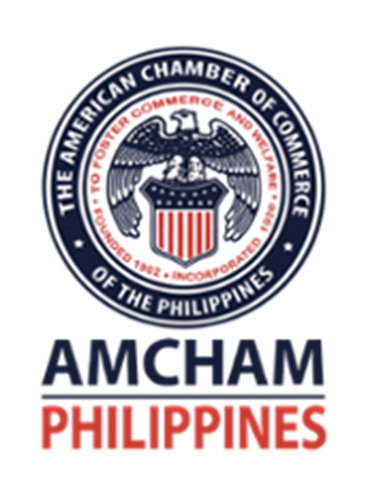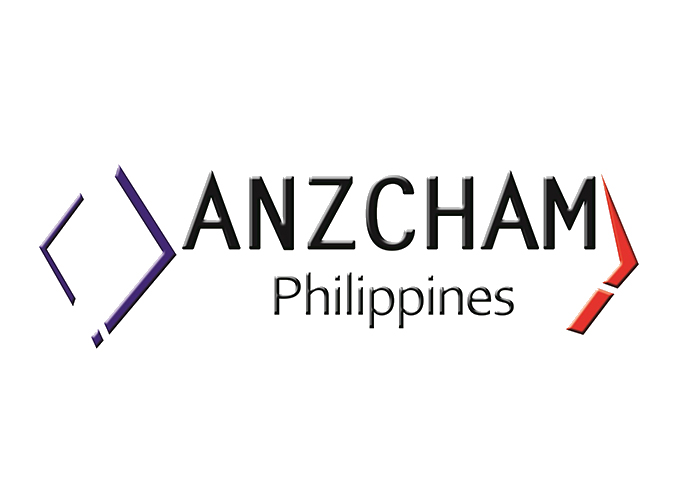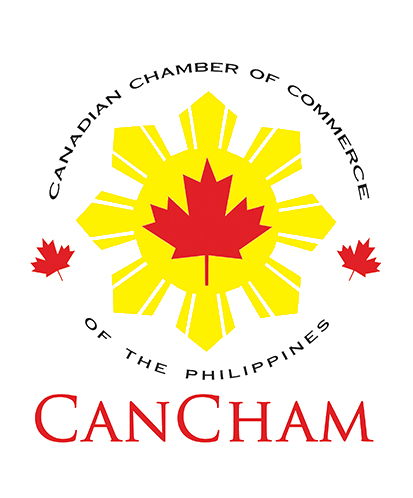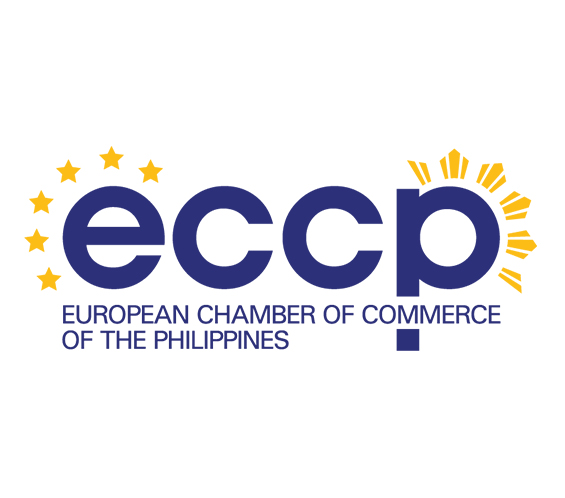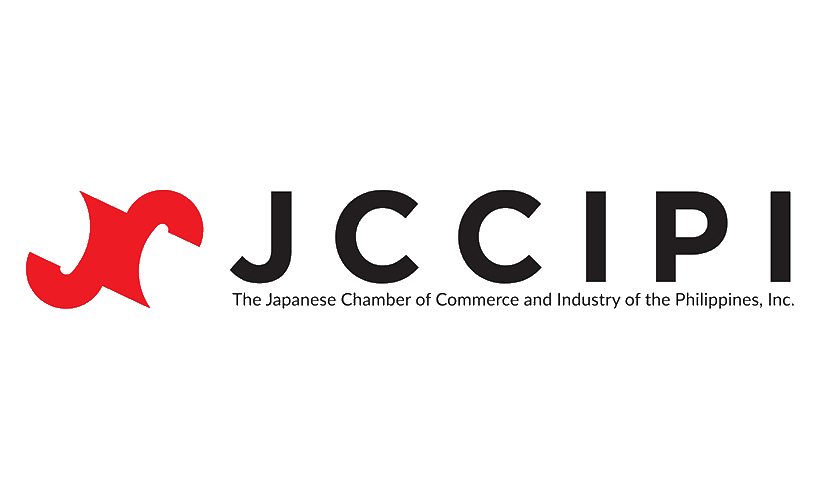AmCham Statement on Water Sector Reform Bills
December 9, 2011 at 16:16
STATEMENT ON WATER SECTOR REFORM BILLS
December 6, 2011
HON. CESAR G. JALOSJOS
Chairman
Committee on Government Reorganization
House of Representatives
Quezon City
Dear Chairman Jalosjos:
More than a decade ago, the Senate Technical Committee on Energy introduced three bills to reform the power and water sectors in the Philippines: the Electric Power Industry Reform Act (EPIRA), the Water Reform Act, and the Electric Cooperative Reform Act. Of the three bills, only EPIRA has been passed. There is an immediate need to revisit the proposal for a Water Reform Act, in effect an EPIRA for water. Currently there is extremely inadequate institutional and legal framework to guide private and public cooperation in developing water sources throughout the country.
In 2010, the Joint Foreign Chambers published Arangkada Philippines 2010: A Business Perspective about creating a bright future for the Philippines, the 12th most populous country and probably the 10th or 9th by 2030. Arangkada is a guidebook to a better Philippines, with the per capita income of a middle-income economy, robust investment levels, better infrastructure and higher government revenues to pay for social services, especially education and health. It contains 471 recommendations from Filipino and foreign businessmen and women for building a more competitive economy, reform-by-reform, leading to high growth and millions of new jobs. A section of Arangkada contains and extensive discussion on the state of the Philippine water sector and concludes with a list of recommendation for the sector.
For purposes of the committee hearing, we quote relevant portions of the Arangkada to express our position on the matter:
“Prospective investors in the water supply sector have noted the lack of an economic regulator and the inadequate capacity and resources of the current resource regulator. This discourages foreign investors from entering the field. The absence of an independent regulator forced the Metropolitan Waterworks and Sewerage System (MWSS), Manila Water Company, and Maynilad Water Services to establish one by contract. While the arrangement is novel and apparently works, establishing an independent regulator via legislation will afford greater comfort and long-term stability.
Most of the country is dependent on separate local water districts each with its own plans, regulations, and policies. A private investor has to deal with individual local water districts to develop water supply projects to serve local communities. The present legal framework has some 30 governmental agencies (e.g. DENR, DILG, DOH, DPWH) with varying scopes and limited jurisdictions, in the water sector and also must be rationalized. The fragmented nature of regulation and policies diffuses focus and confuses and dissuades new entrants.
1. The National Water Resources Board’s (NWRB) efforts towards adopting an integrated water resource management framework should be pursued and encouraged. Central to this is the establishment of an independent water regulator. A Department of Water (similar to the DOE) should be created to develop the country’s water system.
2. Legislate a Water Reform Act that will establish the institutional and legal framework to guide cooperation by on private and government entities in developing water sources throughout the country as well as a separate government agency for water regulation. The proposed industry regulator ideally should be empowered to set water tariffs; set and monitor compliance with service levels; set policies, rules, and standards; enforce competition policy; and approve proposed investment in the sector. The proposed legislation would include the institutional framework for sustainable water resource development, require the formation of a long-term management plan, and establish river basin organizations. The budget should provide funding for a realistic capacity building program; and
3. The Water Reform Act should lead to a master plan and integrated water policy on how to develop each water source, the capacity each source creates taking into account future demand supported by technical feasibility studies, as well as policies to attract large investors and lenders. The Water Reform Act should clarify the limits of LGU authority regarding national projects.
The Philippines has lagged for too long, losing competitiveness, despite its immense potential and location in the fastest growing region with 60% of the global population. More than ever, opportunities abound for the Philippines to improve trade and investment ties in Asia and elsewhere and advance towards high-income status. Catching up and keeping up is an imperative, not a choice.
John D. Forbes
Senior Advisor
Investment Climate Improvement Project
American Chamber of Commerce of the Philippines
Jeffrey C. Woodruff
Executive Director
American Chamber of Commerce of the Philippines
Download this statement in PDF
HB04282 Water Regulatory Act – Belmonte
HB01679 Water Regulatory Commission – Rodriguez






















